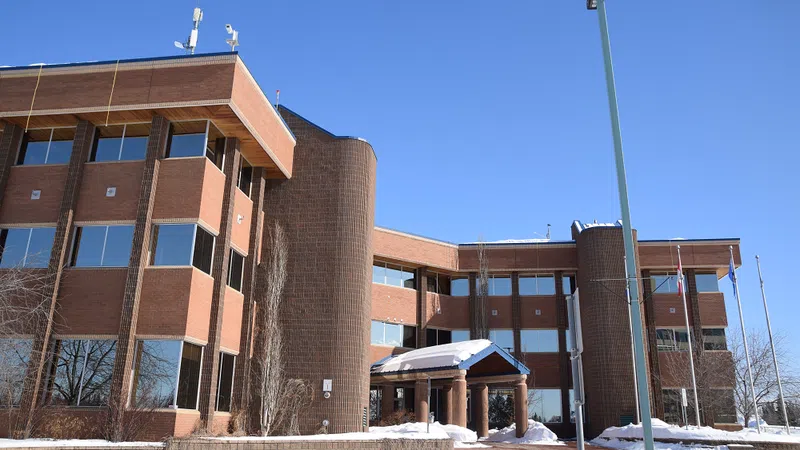
Province lowers funding for municipalities, increases property tax
Changes to the funding structure in Alberta’s Budget 2020 will see provincial support for municipalities decrease, while also creating an increase in property taxes for residents.
Mayor Bill Given says the budget will have some impacts on all municipalities in Alberta, including Grande Prairie.
Firstly, he points to the reduction in the Grants in Place of Taxes Program, which essentially is meant to cover the property taxes for provincial buildings, which include the courthouse, the hospitals, and all the schools in the City.
“In the past, the Province had provided a small grant in place of property taxes, and they had reduced that grant last year, and they are reducing it again this year. So basically the City of Grande Prairie is on the hook for providing services to these facilities, with less and less revenue coming in.”